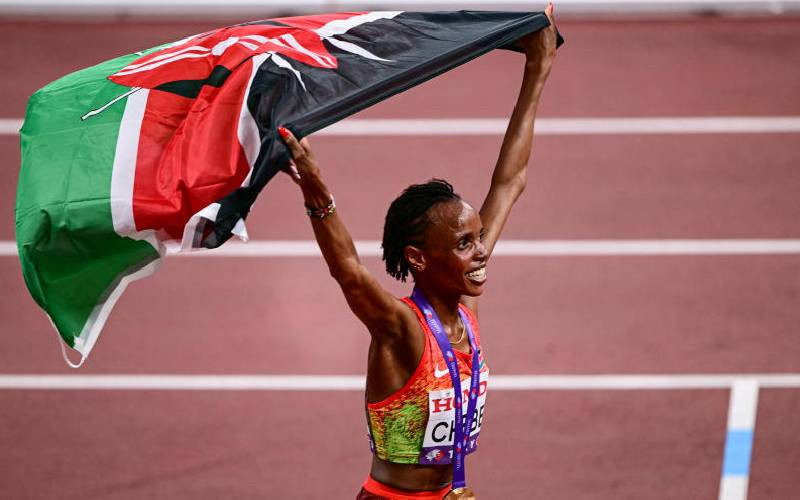×
The Standard e-Paper
Home To Bold Columnists
Susan Wairimu can't hide the joy of having her 3-year-old daughter playing her around despite her past mistakes in life.
The 23-year-old mother recounts how different her childhood life was when she lived with her father and siblings in Mathare slums.
